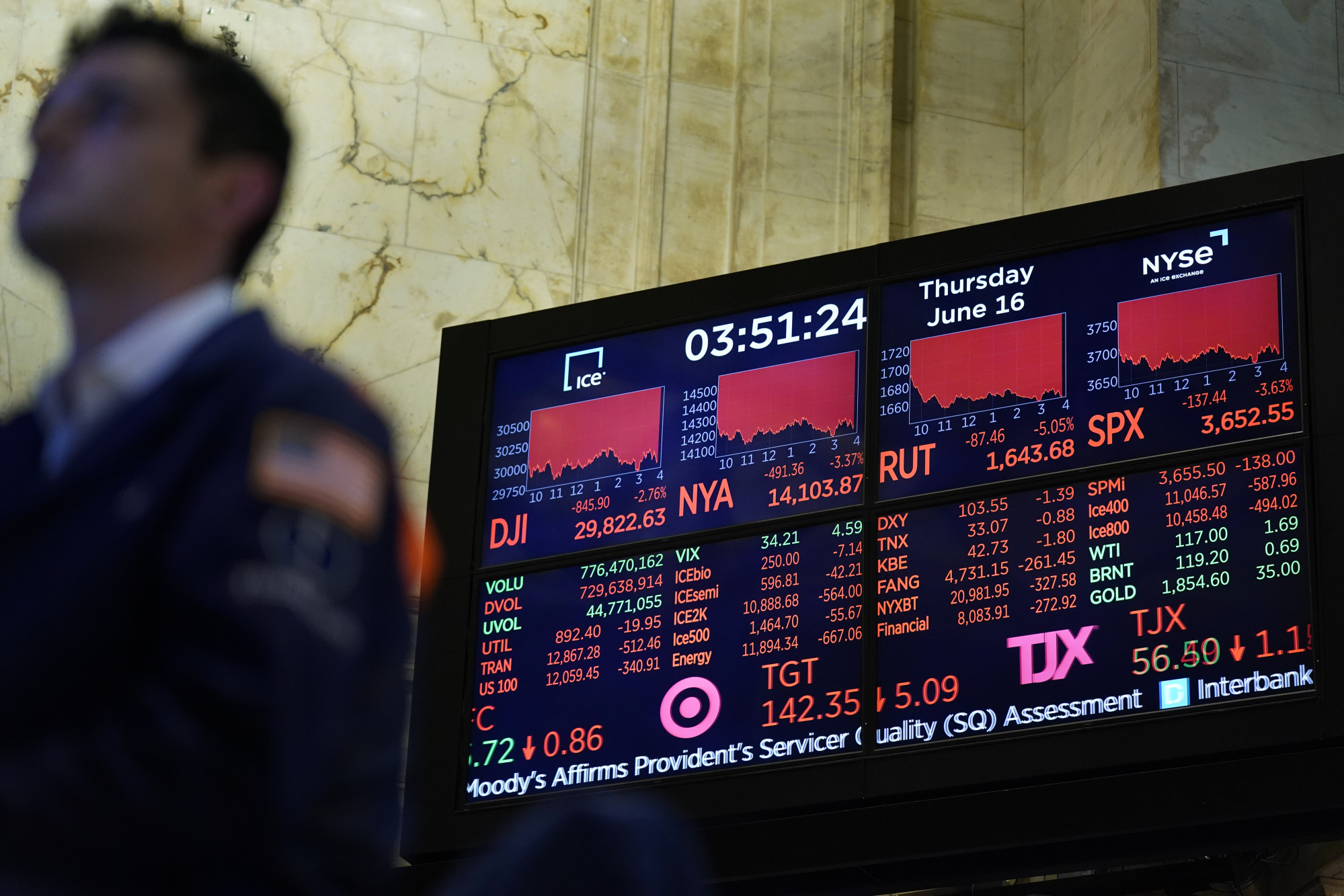
Bear market is a perfect time to launch climate banks and bonds
- Markets have done a bad job of channelling investment into needed areas, especially climate change
- Specialised public climate banks, launched from scratch or spun off from development banks, could change all that – and attract the trillions of dollars flowing out of equities
It may appear there is no place to go now the tech bubble has burst and the seeming road to quick riches has reached a dead end. There will be no early reflating of the tech balloon but that does not mean there are no worthwhile roads for investment to take.
The trouble is that stock markets are doing a poor job of marrying demand for capital with supply. This needs to change – fundamentally and fast – if capital markets are to avoid becoming increasingly irrelevant to needs.

The ability to “package” these projects is lacking in the private sector and financial markets, while the public sector lacks the resources to fund them. The result is that stock market investment gets channelled into a limited number of overpriced sectors.
Asset managers charged with the stewardship of investment are increasingly seeking what they call “alternative” assets (such as in infrastructure or private equity) to broaden their portfolio dependence. But they lack the hands-on and specialised knowledge needed to manage such investments.
All this could be changed. We have a golden opportunity to launch new kinds of climate bonds that could be issued by specialised public climate banks to attract the trillions of dollars flowing out of equities.
Climate banks could be launched from scratch or spun off from the overburdened agendas of multilateral development banks (such as the World Bank and regional banks) to provide a focused approach to fighting climate change and an easily identifiable route into investment.
Climate crisis generation can usher in an era of responsible capitalism
This is where climate banks could play an important role. In raising money, they could issue securities in the form of stocks, bonds and hybrid instruments that appeal to a much wider range of investors than wholesale buyers such as major financial institutions.
Investors would know that their money was being directed specifically to climate change ends and not swept up in a tide of general development-bank activities. Likewise, climate investments would not have to compete with broad social and governance aims.
Equally, if not more important, climate banks could arm themselves with the specialised human resources needed to devise and oversee climate projects in anything from energy research and fire and flood prevention to protecting flora, fauna and fisheries plus agriculture.
Why stock markets must stop acting like casinos, especially in Asia
Multilateral development banks (the World Bank, Asian Development Bank, African Development Bank and the Inter-American Development Bank) do some of these things already but are also charged with myriad other tasks which dilutes their effectiveness.
Climate banks, which could take the form of self-standing entities or (separately capitalised) subsidiaries of multilateral banks, would provide alternative investment opportunities beyond boom-and-bust-prone tech stocks and other “casino chip” securities.
Financial commentator Katie Martin suggested in the Financial Times recently that boring, safe bonds are gaining fresh appeal after a grim reset. But bonds do not have to be boring if policymakers are prepared to put more effort into restructuring the institutions that issue them.
Anthony Rowley is a veteran journalist specialising in Asian economic and financial affairs


